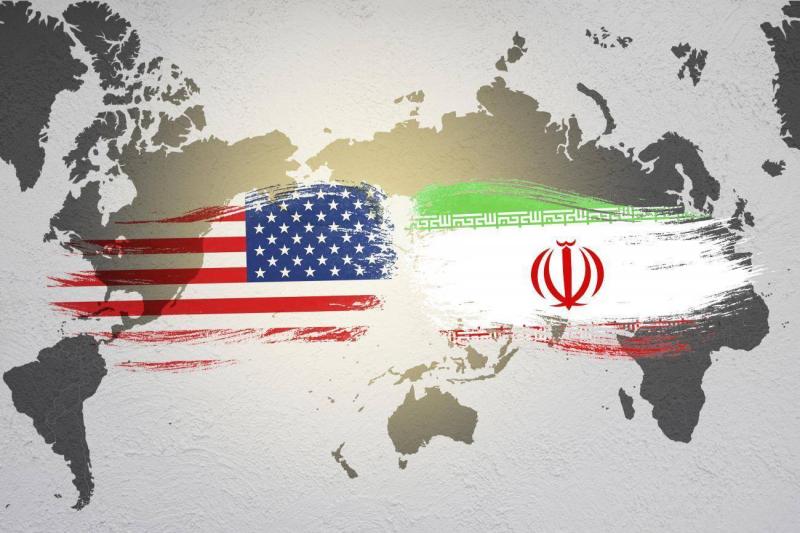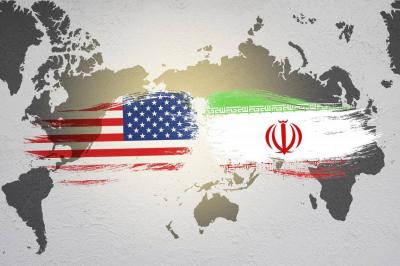Axios reported, citing informed sources, that two senior officials from President Joe Biden's administration held indirect talks with Iranian officials in Oman this week about how to avoid escalating attacks in the region. Sources stated that the discussions, which included Brett McGurk, Biden's senior advisor on Middle Eastern affairs, and Abram Paley, the acting U.S. envoy for Iran, focused on clarifying the consequences of Iran's actions and its proxies in the region, as well as American concerns regarding the status of Iran's nuclear program.
Axios noted that these talks were the first between the U.S. and Iran since January when similar negotiations took place in Oman. In April, tensions between Iran and Israel peaked, with Iran launching about 300 missiles and drones at Israel in response to an attack suspected to have been carried out by Israel on the Iranian embassy complex in Damascus, resulting in the deaths of seven members of the Iranian Revolutionary Guard.
Israel retaliated against the Iranian attack with a barrage of drones and missiles, conducting a "limited" airstrike against Iran in April. Khamenei advisor Kamal Kharrazi stated on May 9 that Tehran would have to change its nuclear doctrine if Israel threatened its existence, raising concerns about an Iranian nuclear weapon. According to the Iranian Students' News Agency, Kharrazi remarked, "We have not yet made a decision to build a nuclear bomb, but if Iran's existence is threatened, there will be no choice but to change our military doctrine." He added that Tehran has already hinted at its capability to produce such weapons.




